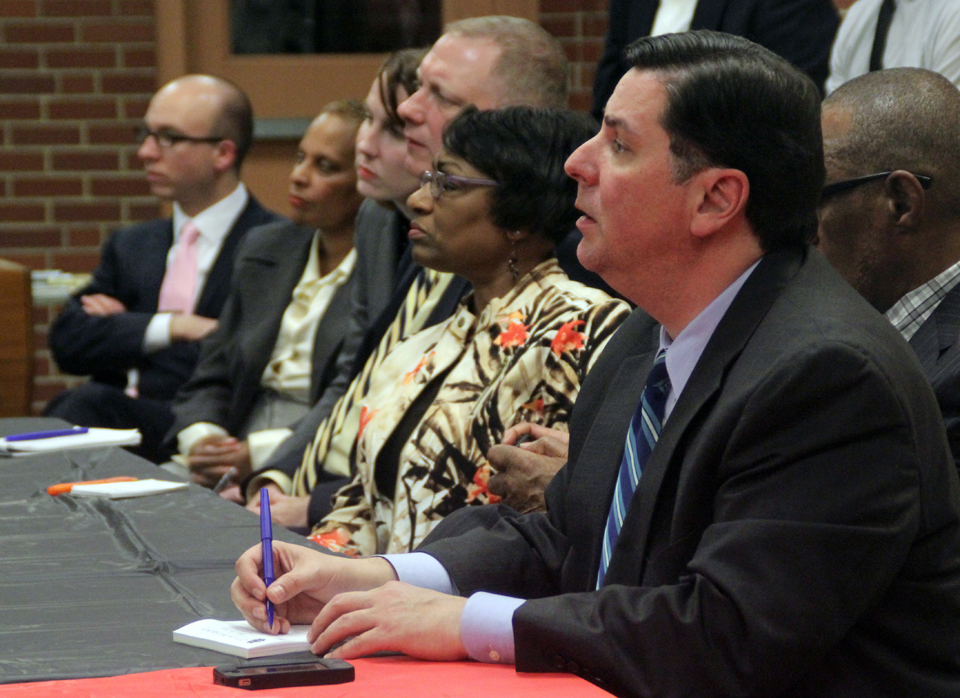
Rio Scarcelli | staff writer
Nov. 11, 2021
Asian American and Pacific Islander (AAPI) students can face tensions stemming from race relations in almost any environment they walk into. On Nov. 10 via Zoom, student panelists Cassie DiBenedetti, Emmala Le, Angel Alday and Jessica Cetorelli hosted an AAPI forum to have a more honest conversation about creating comfortable spaces for this community.
The event was the second time an AAPI panel at Duquesne was coordinated by DiBenedetti, a senior data science major. Earlier this spring, she was a recipient of the Center for Community-Engaged Teaching and Research’s Racial Equality grant. The efforts went toward “hosting and moderating a student discussion panel that emphasized the experiences and challenges AAPI students face in a college environment.”
Because of the success and positive feedback the first panel, “Asian-Americans and Race in the 21st Century: Challenges and Hopes” received, DiBenedetti was inspired to reach out to the Center of Teaching Excellence to host a similar panel this fall.
DiBenedetti said her goal for the panels is “to give AAPI students a chance to vocalize their experiences and try and improve inclusivity at Duquesne.”
Titled “Creating Inclusive Classrooms for AAPI students,” the November panel addressed some of the experiences and challenges that AAPI students face in college classrooms in relation to race, and focused on how to make learning environments more inclusive for AAPI students.
While moderating and sharing their own experiences, the students made it an option to accept anonymous feedback including personal stories, news and opinions surrounding what a college experience may be like for an AAPI student.
Cetorelli was candid about her own experiences where she felt isolated due to her race. In light of all that had happened to her, she was able to impart the knowledge that she gained and encouraged others to see the ways any form of racism can be treated with fairness and equality.
“When you stop looking at me as a human as a whole and only looking at the color of my skin is where I draw the line of what’s acceptable and what’s not,” she said. “I’ve learned that when people don’t know what to make of someone, they make less of them because it’s far easier to look down on someone than it is to face them on level ground. To me, education is how to overcome these barriers and teach people not to make less of others and begin to see each eye-to-eye. Panels like these play a huge role in educating people to reach this ultimate goal.”
Outside of a college environment, Asian bias and attacks in response to the spread of the Covid-19 virus have correlated to a rise in exclusion and negativity toward the AAPI community.
“As a Filipina American, this is a personal topic to me. I have experiences of exclusion in the college environment and in general. And the major increase in anti-Asian attacks due to Covid-19, I think it is past time to have these discussions,” DiBenedetti said.
The influx of anti-Asian bias had the potential to make many AAPI students uncomfortable in the environments they lived in, but behaviors and trends like these could be changed.
The ability to inspire a difference comes not only from the time taken to be educated, but also the willingness to listen to the needs of the people in groups like AAPI.
“If someone chose to open up to you, please listen because they are not obligated to do so. Self-education is the goal, but an audience with open ears is much better,” Cetorelli said.
DiBenedetti felt that one of the best ways for educators and students to create safe spaces for the AAPI community was to attend events like the panel and continue to destigmatize the normal race relations they would otherwise experience.
“Doing events like this has helped create and maintain a conversation on Duquesne’s campus about inclusivity, particularly for the AAPI community. And by having these conversations, the Duquesne community can learn how to foster inclusive environments for minority students, while giving a chance for AAPI students to have their voices heard,” DiBenedetti said.
Intentional or not, exclusion happens as often as it does because of the many incidental ways that people highlight the differences that a race creates as opposed to encouraging the similarities they share as human beings.
Cetorelli said that there is always a time to learn how to “make AAPI students feel seen, welcomed, heard, safe and loved.”
“Racism and hate are not innate; they are learned behaviors. Because of this, we must actively work toward educating others to prevent and eliminate these factors and get to the point where no one assumes less of someone because of the way they look,” she said.




